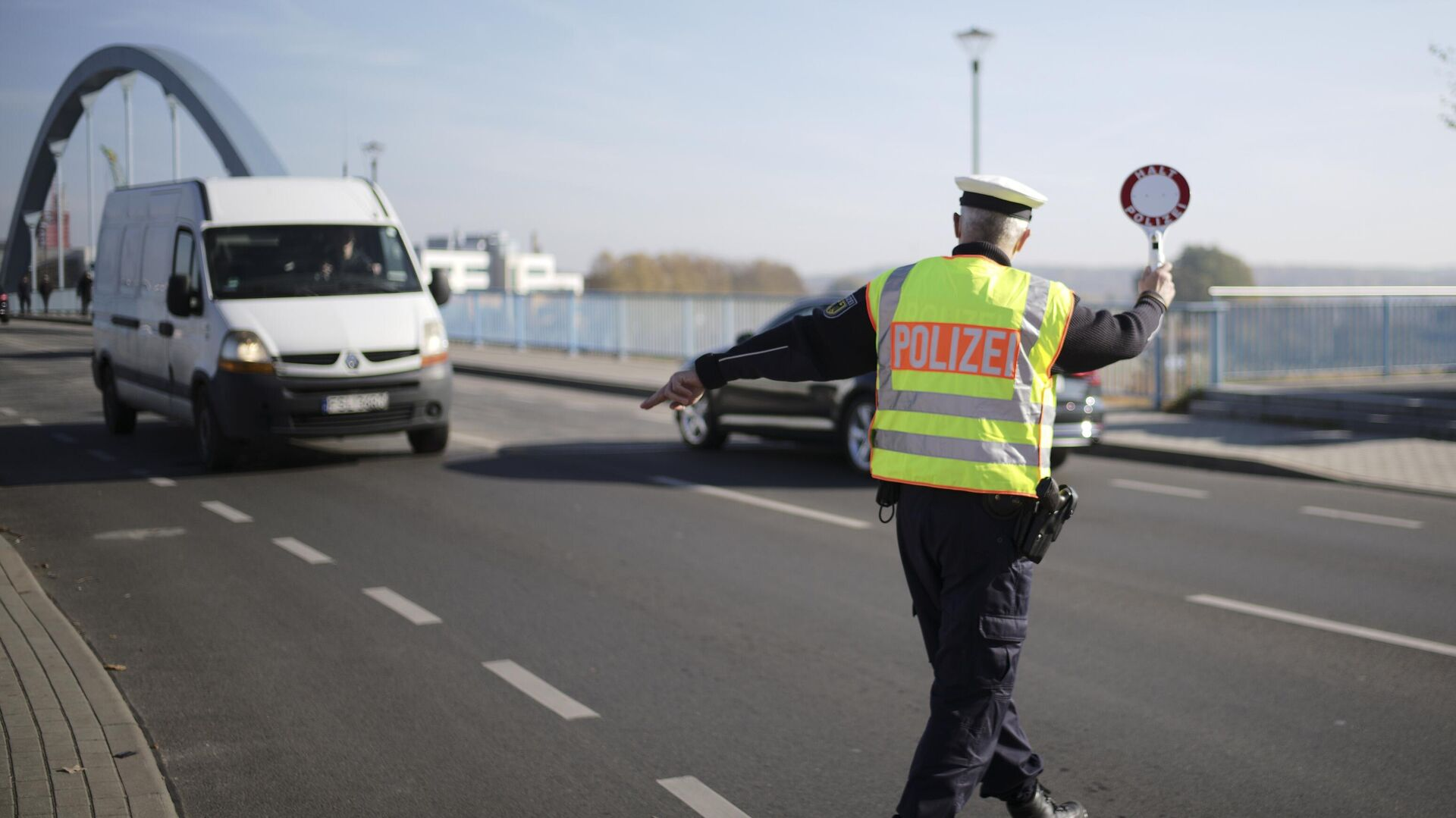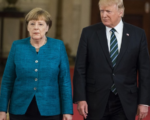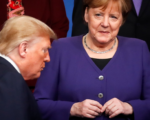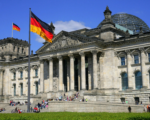Germany Tightens Borders Amid Rising Far-Right Pressure, Marking the End of ‘Welcome Culture’

Germany has reintroduced border controls with several European countries, signaling a dramatic shift from its once liberal migration policies known as Wilkommenskultur. Chancellor Olaf Scholz’s government announced the reinstatement of controls at borders with Belgium, Holland, Luxembourg, France, Denmark, and others. These actions come as the far-right Alternative for Germany (AfD) party gains influence, pushing migration issues to the forefront of national debates.
Once a symbol of open borders, Germany is now responding to growing domestic pressure. The AfD, which has campaigned strongly on anti-immigration platforms, capitalized on recent terror attacks involving migrants and has seen electoral success in former East German states like Thuringia and Saxony. Their rise, along with public discontent over migration, has forced Scholz to tighten border policies, despite the potential backlash from EU neighbors.
AfD co-leader Alice Weidel has criticized Germany’s past approach, claiming the country had “become a place where anyone can enter unchecked.” As the AfD grows in prominence, Scholz’s government faces challenges in maintaining support, especially as polls in Brandenburg suggest further losses for the ruling Social Democratic Party.
Germany’s new stance represents a significant departure from the policies of former Chancellor Angela Merkel, who opened the country’s doors to millions of refugees in 2015. The shift also poses a challenge to the broader Schengen zone, as growing concerns over migration lead to stricter border control measures across Europe.





















